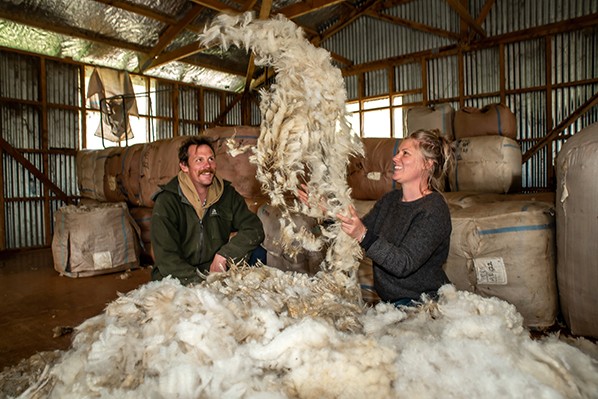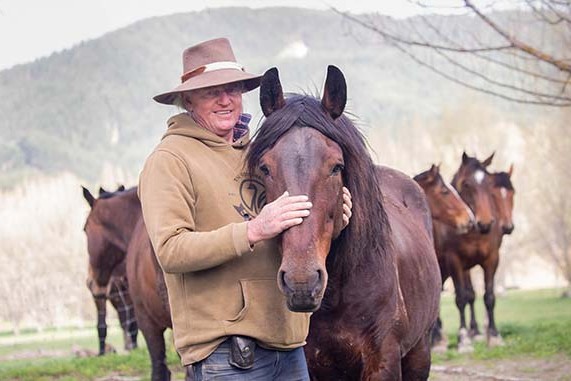Gertje Petersen
Being cooped up inside and by myself, I am beginning to truly understand the importance of resilience.
Before Covid-19, the ability to be only minimally affected by a change in environmental circumstances has really only featured in my life in the form of a sensitivity to low temperatures in the office.
While I am sure my complaints about freezing fingers have annoyed some people over the years, being resilient has never seemed as important as it does now. Suddenly, being able to adapt to a changed work setup, having to work out in my lounge/office/dining room and never seeing actual people up close has taken on a whole new meaning.
Another thing has changed. While discussing a new project with clients, one of them mentioned that ironically, this is probably a really good time to try and communicate animal health management aspects to beekeepers.
They, much like other farmers, have always understood the impact that animal health has on their bottom line, but the importance of strict biosecurity and the value of disease incidence data for understanding and managing disease events just becomes that much more palpable when you are sitting at your dining room table trying to get through the 15th video conferencing call of the day without your connection dropping out.
Luckily, we all seem to understand that by suffering a bit in the shelter of our own home, we are taking substantial strain off our health system and hopefully avoiding the much more horrifying prospect of going through a bad course of Covid-19 ourselves.
In livestock operations though, especially those managed with relatively little human contact time like sheep and beef, we do not have the immense advantage of being able to explain to individuals why they have to be prudent and stay away from each other.
What we can do is observe good farming practice, maintain high hygienic standards, run preventative measures such as vaccinations and ensure that our genetics suit the environment with all its challenges. Resilience, while hard to define as a whole, can be broken down into aspects such as tolerance to climatic conditions (e.g: heat), disease resistance or resistance to nutritional stress.
By isolating particular aspects, selection can be done on placeholder or proxy traits – the ability to maintain condition through periods of food scarcity or low nutritional value in available forage. The selection of more consistently performing individuals might require us to take one step away from the sheer focus on production and evaluate performance in a more global context of efficient use of resources and lifetime productivity, but faced with both a changing climate and the looming possibility of a global animal disease event of the likes of Covid-19, this seems like a step we should be willing to make.
Beef cattle to this day remain very diverse, despite the domination of particular breeds such as Angus. (The UN report on the state of livestock breeds from 2014 states there are 1224 extant = non-extinct breeds of cattle globally. Even assuming only a third of them are raised primarily for meat, that still leaves us with an impressive 408 breeds.)
Being farmed in equally diverse environments, this existing genetic resource represents an enormous opportunity for the detection and commercial use of genetic variation that protects from economic damage caused by climatic stress and disease.
Research into natural resistance to e.g. Brucella abortus in the United States or ticks in Australia shows that unfortunately, like so many economically important traits, disease-resistance traits tend to be underpinned by a complex network of genes working in concert.
However, while this reduces the number of major mutations which, like the slick gene conferring higher heat tolerance, could be readily introduced into other breeds, it does not remove our ability select cattle, especially cows, on the basis of efficient and consistent performance.
While international research projects like the European Union-funded GenTORE are striving to define the genetic basis of resilient and efficient cattle production, companies like the Hamilton-based Thermo Regulatory Genetics are already making heat tolerant dairy genetics accessible for New Zealand farmers, heralding the possibilities that hopefully, one day, will also be available for beef cattle breeders.
- Gertje Petersen is a consultant with AbacusBio.




